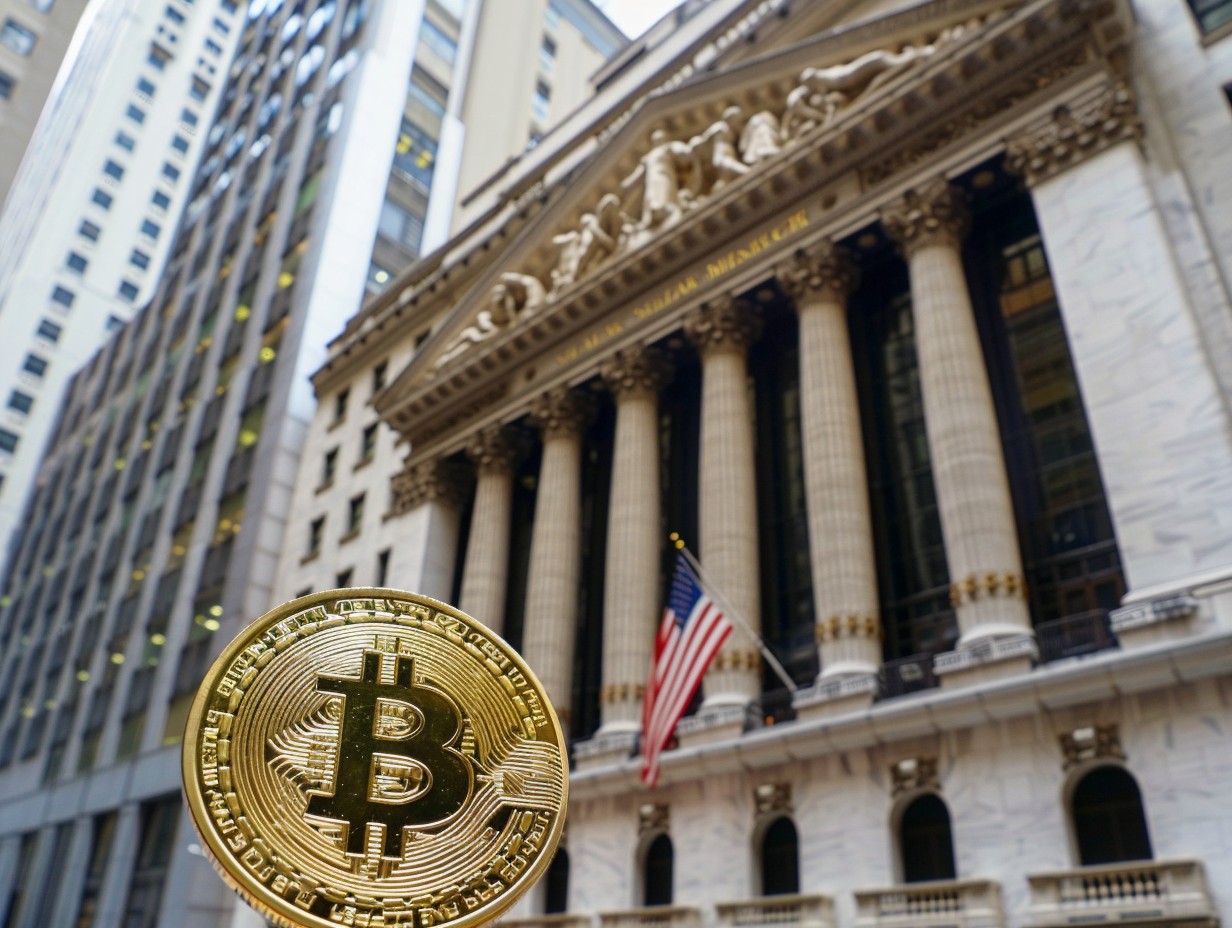Goldman Sachs, one of the major Wall Street banks, remains skeptical about cryptocurrency, as it claims that digital assets are not an investment class.
This perspective was even more clearly substantiated by Sharmin Mossavar-Rahmani, the Chief Investment Officer of the bank’s Wealth Management unit, in a recent interview with the Wall Street Journal, stating that the bank does not endorse investment in cryptocurrencies. This status quo remains true for Goldman Sachs, while some of its traditional finance rivals are entering the crypto sector in response to the demands of their clients.
Evaluation challenges and market criticisms
Mossavar-Rahmani pointed out the difficulty of assessing the real value of cryptocurrencies as a principal factor in Goldman Sachs’ suspicion. The lack of a precisely definable value for these assets forms the footing of the bank’s unwillingness to consider them as investment instruments. In addition, she attacked the crypto industry for the inconsistency between its advertised aim to democratize finance and the actual mechanism of governance, from her point of view, being under the control of a small group of people.
Competitive responses to cryptocurrency
Despite Goldman Sachs remaining conservative, some other major financial institutions are making efforts to include blockchain and cryptocurrency in their services. In particular, the J.P. Morgan Chase blockchain platform was released in 2020 with over 100 employees. The same, Citigroup Inc. is in the process of considering private funds tokenization in a rather possible trend of using blockchain technology for traditional financial products.
Goldman Sachs stands out as one of the few major banks not embracing the adoption of digital assets or blockchain technologies due to its position on cryptocurrency. The changing environment and growing client demand for cryptocurrencies, however, have made Goldman Sachs take a prudent route and stress issues of valuation and governance in its decision-making process.





